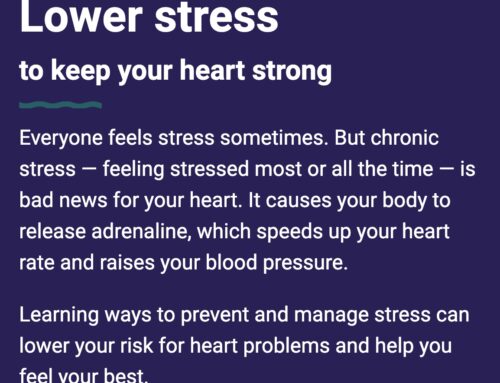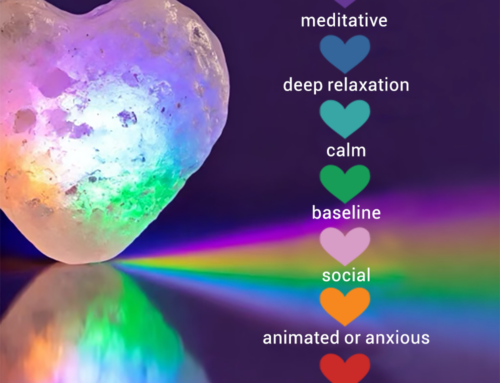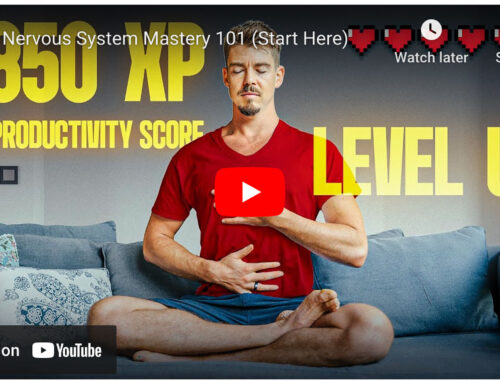The Science Behind Brain Breaks
Dr. Andrew Huberman explains that taking 20-minute breaks after intense focus can enhance learning and memory by allowing the brain to reset and process information more effectively.
According to Huberman’s research, our brains naturally operate in 90-minute cycles of intense focus. Taking a 20-minute break after these sessions can help solidify new learning, he explains. During challenging cognitive tasks, the brain releases specific bio-markers, including acetylcholine, a neurotransmitter critical for learning and memory. Acetylcholine is released in response to focused attention, helping the brain strengthen new neural connections and encode information for long-term memory.
When we shift our attention to non-cognitive activities afterward, the brain is signaled to prioritize the information as important. Later, during sleep, the brain revisits this “tagged” information and transfers it into long-term memory. This process of neuroplasticity—the brain’s ability to adapt and rewire—takes new information and incorporates it for future recall.
Why Discomfort Is Part of Learning
It’s important to understand that learning and changing behaviors can feel uncomfortable, Dr. Huberman explains. Acetylcholine plays a key role in this process, as its activity can create a sense of mental strain or fatigue during challenging cognitive tasks.
This discomfort is a normal part of the learning process and signals to the brain that the effort is significant and worth retaining. Acetylcholine works alongside other brain systems to “tag” the neurons involved in these efforts, ensuring they are prioritized for strengthening and rewiring during rest and deep sleep.
Neuroplasticity relies on active engagement in learning, deliberate breaks, and quality sleep to optimize the brain’s ability to adapt and grow. Embracing the discomfort that comes with challenging cognitive tasks is essential for meaningful learning and long-term behavior change.
How the Bio-Calm App Supports Your Brain
The bio-calm app builds on Dr. Huberman’s research to help rewire your stress response using real-time biofeedback and simple, science-backed practices. By encouraging mindful pauses throughout your day, bio-calm helps calm your nervous system and promote resilience. Its unique Himalayan Salt crystal display serves as a physical reminder in your living or working space to take these essential breaks.
Dr. Huberman explains:
“Your entire experience of life is filtered by sensory receptors. Your perception is your ability to take what you are sensing and focus on it… Perception is under the control of attention, and the way to think about attention is that it’s like a spotlight. This is very important to understand if you are going to think about tools to improve your nervous system. Attention is something that is absolutely under your control.”
The bio-calm app leverages this principle by displaying your heart rate biofeedback. This visual feedback helps redirect your focus from stressful overthinking to engaging the body’s “rest and digest” state. Seeing your stress visually through your heart rate can indicate when it’s time to pause and take a break.
Shifting Focus to Build Resilience
This practice not only improves your ability to manage stress over time but also intentionally shifts your focus from the cognitive domain to sensory inputs, helping to activate the “rest and digest” state and providing a pathway to recover from cognitively demanding activities and chronic stress.
Use bio-calm’s sights, sounds, touch, and movement channels to shift your brain from deep thinking into present-moment awareness. Relax with nature sounds, such as birdsong or ocean waves, to consciously redirect your attention from the “thinking” part of your brain to your five senses. This deliberate shift in focus helps your nervous system build resilience, even when faced with intense challenges.
By actively engaging with what you see, hear, touch, smell, or taste, you can integrate meaningful breaks into your day, easing the strain of a busy mind.
Your Oasis of Calm
The bio-calm app provides a guide and menu of relaxing sensory content, offering an oasis in your daily life where you can reconnect with your senses and calm your heart and mind.
To learn more about these strategies for improving learning and overall health, listen to Dr. Andrew Huberman’s insights on how the brain’s neuroplasticity works.




